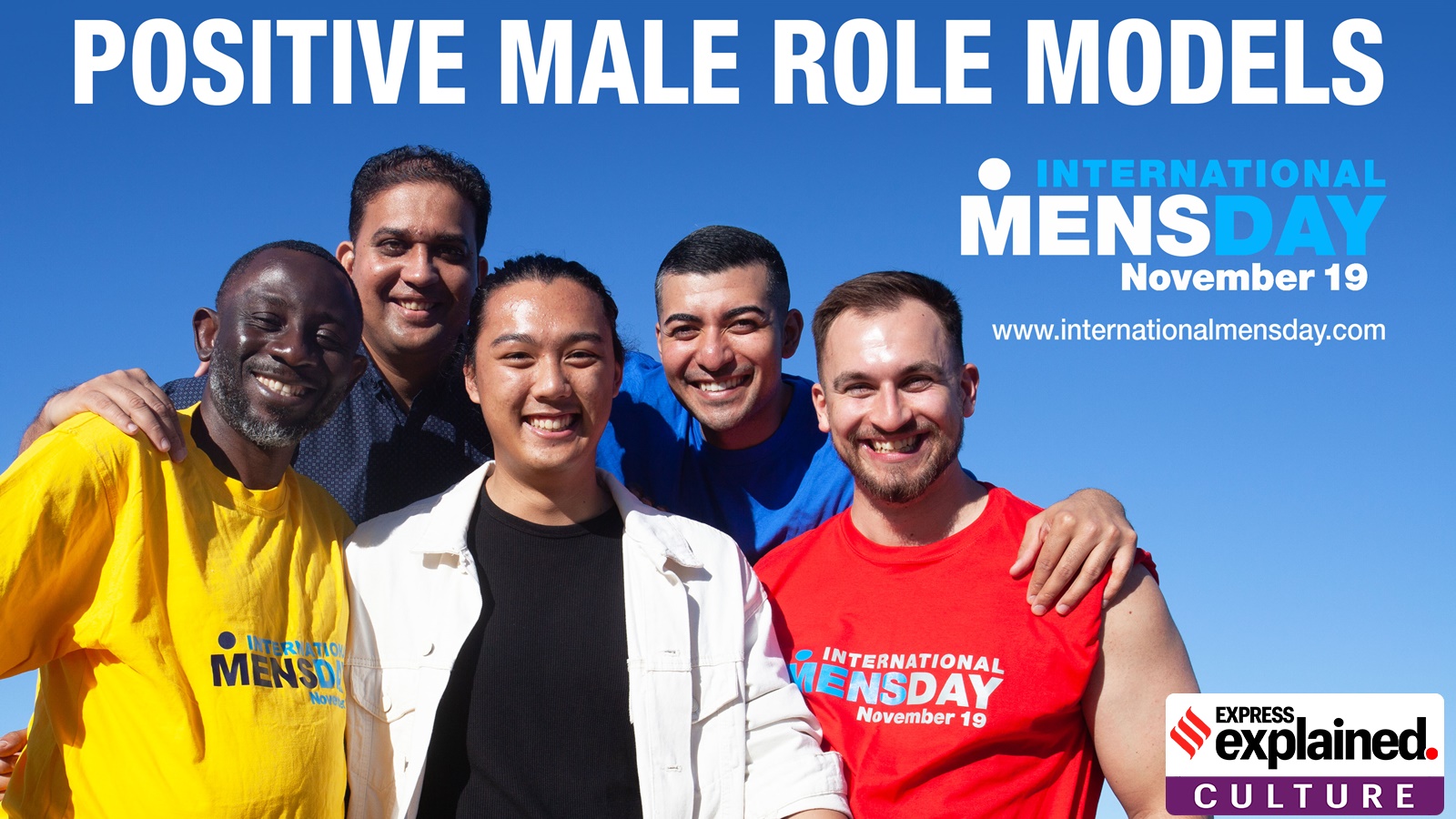 |
|
International Men's Day (IMD), observed annually on November 19th, stands as a global event dedicated to celebrating the positive contributions men make to society, their families, and communities. While significantly less prominent than International Women's Day, IMD's celebration in India is notably the largest globally, underscoring its cultural resonance within the country. This disparity in recognition between IMD and International Women's Day raises questions regarding the need for such an occasion and the societal perception of gender equality.
The establishment of IMD traces back to the late 1960s, coinciding with the rise of second-wave feminism and a growing awareness of gender inequality. While initial efforts to establish a Men's Day in the West yielded limited success, the current iteration of IMD was officially founded by Dr. Jerome Teelucksingh, a history lecturer at the University of the West Indies, on November 19, 1999. His choice of November 19th was a personal one, linked to his father's birthday and a significant event in Trinidadian football history. This date, however, lacks the historical or political significance associated with International Women's Day, further contributing to the perceived imbalance in recognition.
A crucial factor in IMD's growing popularity, particularly in India, is the instrumental role played by Uma Challa, an Indian men's rights activist. Challa, founder of the Save the Indian Family Foundation, spearheaded the promotion of IMD in India from 2007 onwards. Her background as an American-educated biologist and her involvement in men's rights activism, stemming from personal experiences, provided a unique perspective and driving force behind the Indian celebration of IMD. Challa's efforts demonstrate the multifaceted nature of gender advocacy and the ongoing debate surrounding men's issues.
The debate surrounding the necessity of International Men's Day is complex and often contentious. Critics argue that in patriarchal societies, men already benefit from significant societal advantages, rendering a dedicated day unnecessary. Concerns also exist that discussions around men's rights can inadvertently shift focus away from women's issues or devolve into attacks on feminism. However, proponents counter that overlooking the challenges faced by men, such as higher suicide rates, increased risk of heart disease, and susceptibility to loneliness and mental health issues, is detrimental. They emphasize that acknowledging the struggles of men doesn't negate the importance of women's rights but rather seeks to create a more balanced and equitable society.
The significance of acknowledging the diverse experiences within the male population is also critical. Men are not a homogenous group; patriarchal structures and societal expectations negatively impact men in various ways, leading to emotional distress, health problems, and social isolation. By focusing on specific issues like bullying, depression, and the pressure to conform to traditional masculine ideals, IMD aims to foster healthier and more supportive environments for men. Furthermore, understanding and addressing the challenges faced by men is essential for building a safer and more inclusive society for everyone. If men are isolated, unhappy, and struggling, it inevitably impacts the well-being of women and other marginalized groups.
In conclusion, International Men's Day serves as a platform to address the diverse range of issues impacting men's lives while encouraging a broader conversation about gender equality. While the event's popularity and significance compared to International Women's Day remain a subject of ongoing discussion, its focus on positive male role models, mental health, and the overall well-being of men highlights the importance of fostering a more balanced and just society where the challenges faced by all genders are acknowledged and addressed.
Source: International Men’s Day: Why it is on November 19, Indian woman’s role behind it
